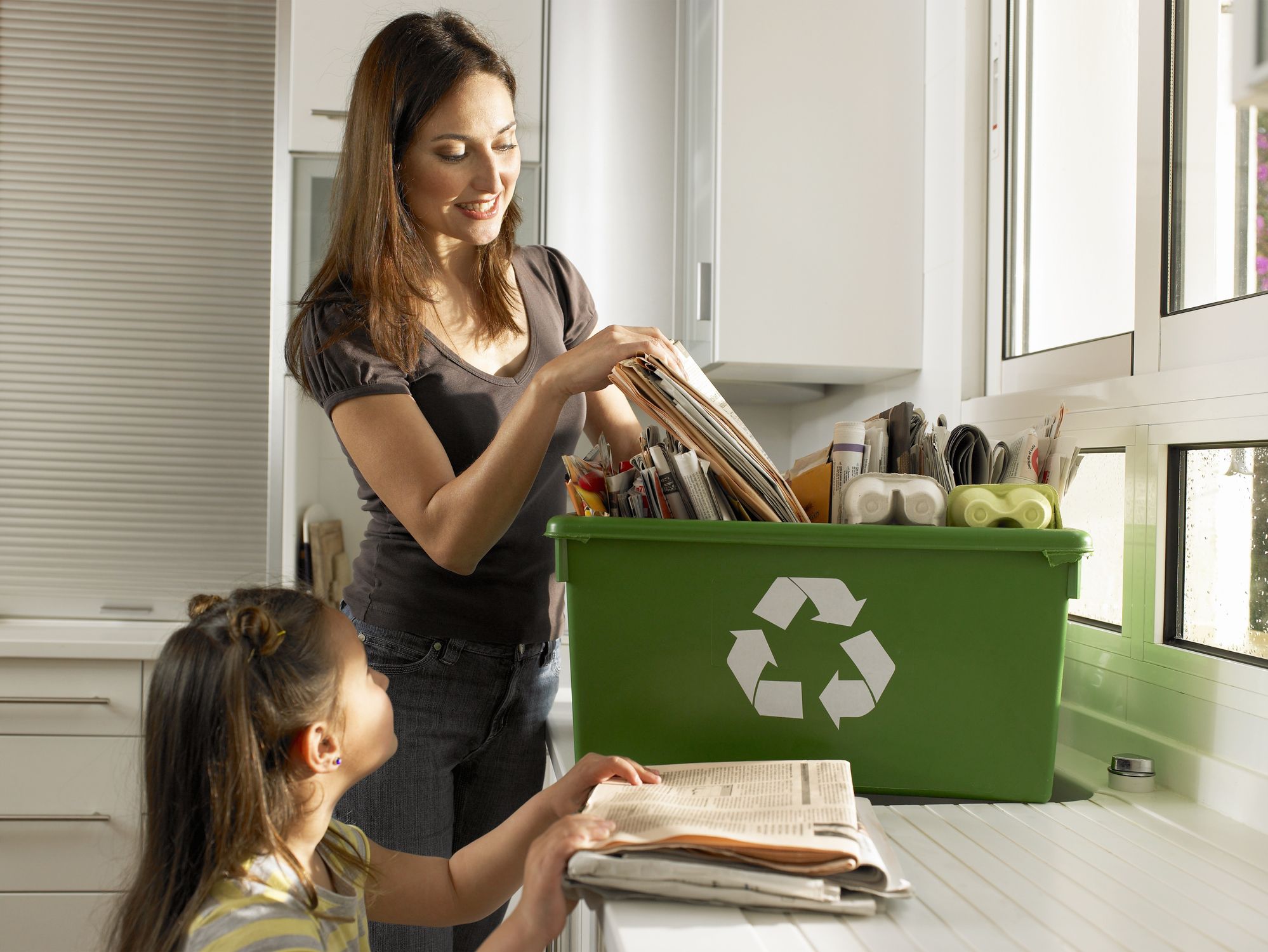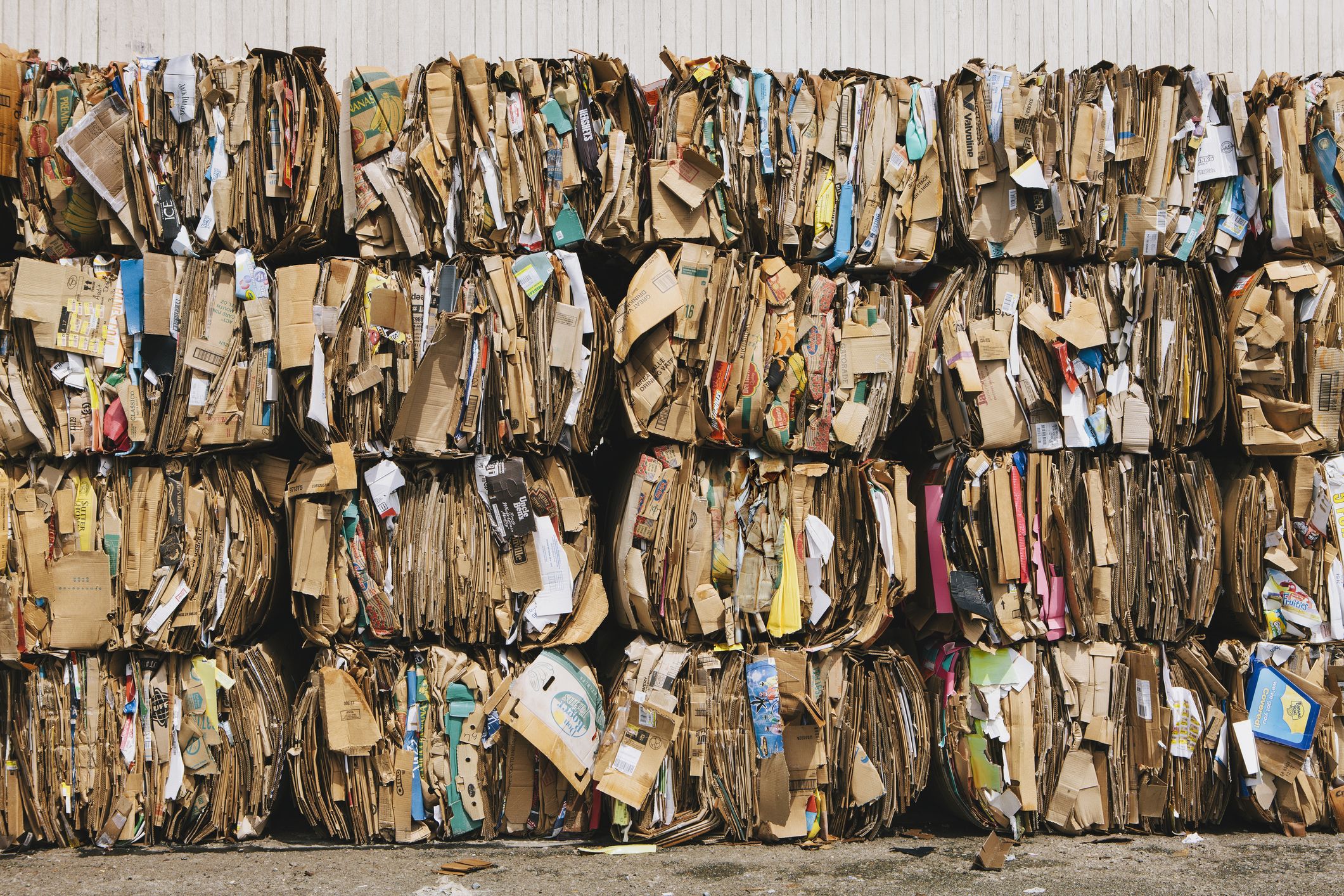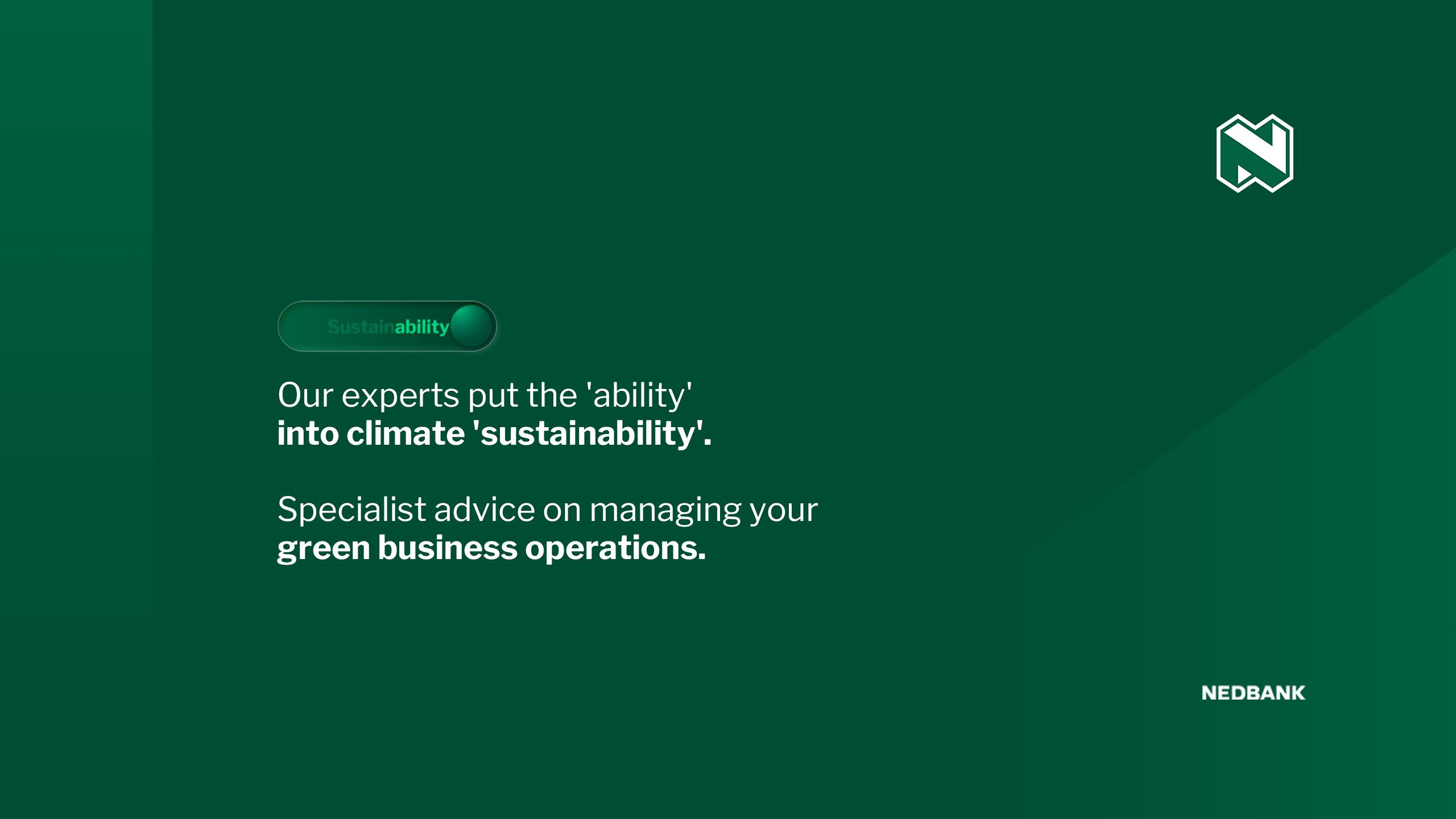Paper recycling: unfolds economic potential

The collection, sorting and recycling of paper and paper packaging in South Africa presents socio-economic and environmental potential, and growing a circular economy.
RecyclePaperZA, the South African paper recycling association, reports the country’s paper recovery rate sitting at just short of 62% for 2021 (around 1.1 million tonnes), which is above the global paper recovery rate average of 59.3%.
Recovered paper fibre is a key raw material for many companies that manufacture paper-based packaging, such as Mpact, the largest paper and plastics packaging and recycling business in Southern Africa, which collected more than 600 000 tonnes of paper and plastic recyclables in 2021. Its integrated business model is uniquely focused on closing the loop in the plastic and paper packaging manufacturing cycle by continuously maximising value and minimising waste.
Now more than ever, businesses need to start investing in business models that are both profitable and good for the environment, such as paper recycling. To do this, a business needs a financial partner that understands and supports the burgeoning regenerative economy.
Nedbank is also proud to bank Mpact, which has become a leader in this field and has shown that doing sustainable business is good for the environment and for the bottom-line. In closing the loop in the paper and plastic manufacturing cycle, the amount of material going to landfill is reduced, local beneficiation of raw materials is promoted and the development of more than 50 small businesses is supported.
The bank has always followed a model that balances and integrates economic growth with environmentally sustainable actions and embraces a circular economic strategy. This is key in recycling business models and achieving the United Nations Sustainable Development Goals (SDGs)
“The only way to achieve this (SDG) is by moving away from the traditional linear economy and embracing a circular approach in which resource wastage is eliminated, and all members of society have access to the sustainable means to meet their needs. This circular economy can be achieved only by design and through deliberate, collaborative effort,”

Nedbank doesn’t just help finance greener businesses, it also employs sustainable practices internally.
The bank has set out goals to reduce the mass paper they use by the end of 2025 by 40%.
Few people realise that paper is a renewable resource as it comes from the wood fibre of sustainably farmed trees; such trees are grown, harvested in small numbers and replenished with new trees. In fact, around 850 million trees are planted over 676 000 hectares in South Africa, which not only sequester carbon and help to mitigate climate change, but also support a thriving value chain, rural economies and communities. The sector also invests significantly into research and innovation around the novel use of cellulose and fibre, as well as bio-based chemicals, to ensure that nothing is wasted when it comes to the forest products sector.
“Paper consumption in the 2021 financial year was 92 tonnes of paper when compared with 424 tonnes in 2019. This is a 78,35% decrease from 2020. The target will be kept until current consumption levels can be maintained,”
Whilst waste is a by-product of any business and will never be completely eliminated, it can be reduced and managed correctly. One of those sustainable mechanisms is through recycling.

The bank also offers a wide range of funding products, including renewable energy, water, food production, and solutions that can be tailored to individual business needs, having expertise in both commercial and agricultural spaces.
If you would like Nedbank Commercial Banking to help your business become greener, contact them here.

Nedbank Commercial Banking enables our partners with the products and services they need to sustain their businesses in ways that are commercially sound, yet sustainable and supportive of the economy and the people who rely on it for their livelihoods.


